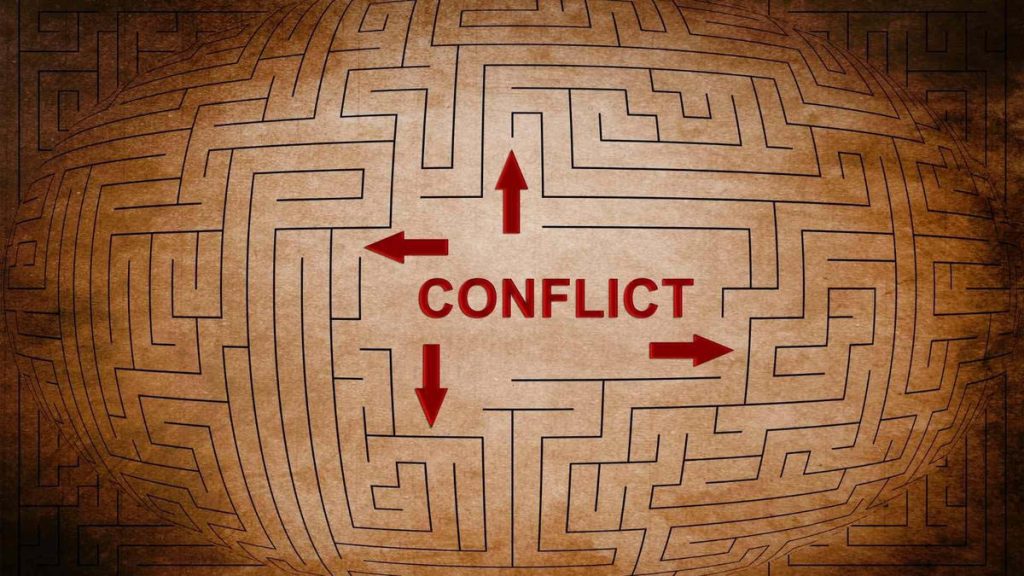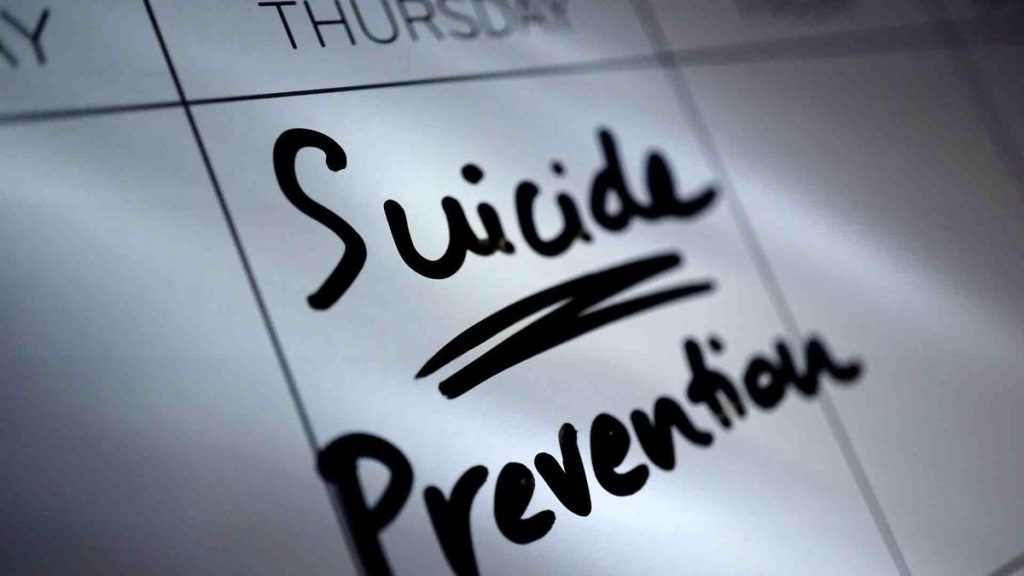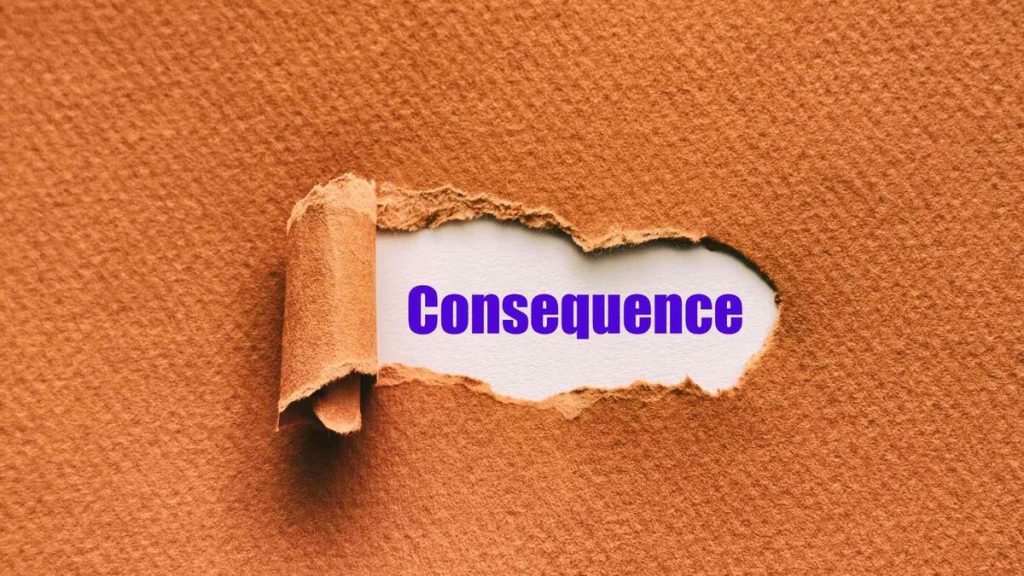A suicide attempt affects both the attempting individual and their family and friends. When we share experiences, this can help to provide perspective and frame the way we treat others. We’d like to share an experience about how an attempted suicide affected the life of a friend.
In 2018, Sam had just had major surgery. He was still in his haze of painkillers but received a text message from his best friend’s mom asking him to call 911. That night, his friend spent her last breaths in a hospital bed after a suicide attempt on her life.
Loved ones all touched by the death were struggling to understand and kept asking Sam, “How could something like this happen?” He remembers not needing to ask that question because he had previously attempted suicide almost a decade before. Even though he wasn’t asking the question, the grief was still there and it was still a painful time. He remembers blaming himself often as he knew the struggle and can’t believe he wasn’t able to be there and help.
However, his experience from both perspectives turned out to be a blessing in disguise. He was able to answer questions about how a suicide attempt could happen and found that as he answered questions, there was empathy and healing for each he encountered and spoke to.
Sam has since had the opportunity to speak to a number of individuals who have struggled with suicidal thoughts, as well as survivors. His experience allowed him to put together a couple of things he thinks loved ones would say if they were comfortable enough to reach out. We have included these suggestions below.
SUICIDE IS SO MUCH MORE THAN A DECISION

Not every individual who attempts suicide is convinced that this is their only option. More often than not, they are completely exhausted and all their emotional reserves have been burned through. This presents burnout at its ultimate, which is something that takes a long time to develop.
People that attempt suicide are often in a neurological state and can override their survival instincts. This state is much like a similar medical crisis. At this point, they are feeling that they have reached their capacity for emotional pain, and they are of the belief that the amount of time they have to wait for relief is outweighed by the amount of pain they are in.
Survivors should know that a suicide attempt is similar to a “freak accident” because there are a lot of little things that need to align for the suicide to be carried out. And this shows us that the state of mental health of our country is deplorable with suicide rates and attempted suicide rates being as high as they are.
There is almost always a long period of waiting in the system that can lead a person closer to that state. There is also some amount of stigma that causes people to hold out before trying to get help when waiting only makes things worse.
When someone is in a crisis, they don’t have the energy to combat the intrusive thoughts, the despair, or the impulses which all require energy to keep away. When you look at the reality of it all, we find that suicide is a result of extraordinary circumstances for which an individual has lost control.
THOSE WHO ATTEMPT SUICIDE ARE EXTREMELY CONFLICTED

It is common for loved ones to wonder and ask “what if they didn’t want this?” The truth is, it is never that simple.
Let’s picture a scale. The scale is being tipped back and forth and after some time, one side outweighs the other. For those who are considering suicide, one trigger, one impulsive moment or some type of window of opportunity can, like the force tipping the scale, disrupt the balance of someone wanting to survive.
While the scale is tipping back and forth, this can be muddling and will cloud one’s judgment. Suicidal thoughts can tumble like an avalanche and drown out any reasoning or survival mode tactics we have within us. While suicidal individuals are always conflicted, the thoughts can be so incredibly loud.
Sometimes we can unconsciously sabotage our attempts by giving hints to loved ones about our mental state or may choose the least reliable method. There are those that meticulously plan, but this in fact is an act of sabotaging themselves in some sense. The reason is that the longer it takes to plan, the higher the chances of something slipping up or someone realizing that help is needed, so an intervention can be implemented.
Mostly, those considering suicide just want peace. The suicide attempt doesn’t reflect how they felt about their loved ones, their potential, or life itself. It does show their state of mind at the time of attempting suicide.
A SUICIDE ATTEMPT IS NEVER DONE TO HURT LOVED ONES

Those who have failed at a suicide attempt will tell you that there were a lot of moments when they thought about their family and friends. They try to memorize details of physical attributes, personality traits, and more about their loved ones.
Sam had staged his attempted suicide to look like an accident. Why? Because he didn’t want those who loved him to be left blaming themselves. He staged it so that he could “lessen their suffering.” He notes that it weighed very heavily on his heart that his death would be painful for his loved ones. He said he got to the point where he felt like he was burning alive and just needed to put the fire out. His experience the night of the attempt was as if he was on an auto program. He now doesn’t remember much of the evening.
The common theme when we talk to suicide attempters is that they never wanted to hurt their loved ones. They note that acute pain and extreme tunnel vision drive them by overriding their judgment.
WE KNOW YOU LOVE US

Not all who attempt suicide believe that they are not loved. They often know they are loved and cared for. They may not believe that they can get the unconditional acceptance that family and friends may have had and been willing to give. It would be wonderful if it was love alone that could keep people from attempting suicide. If that was the case, the rates would be much lower.
When Sam’s friend died, they had two memorials because of the number of lives that were affected. One memorial filled an entire lecture hall with barely any standing room. There was a drag show in her honor and the bar for that was jam-packed. The number of supporters at each event probably was in violation of fire safety codes, but that is just how much she was loved.
It can be hard to accept that we can love someone so much and that alone cannot save them. But if it makes a difference, while they were here on earth your love did affect them, and when they were not emotionally and mentally conflicted they were fully aware of just how much you loved them. Your love would have sustained them in many of their dark moments, and they just never let you know.
Do you struggle with depression?
We have clinicians expert on depression, feel free to read about them, or book a free consultation to review your situation.
Sam notes that before his attempt, he always wanted to try and get better and tried to stay strong, so he could stay with his loved ones. But “as the walls closed in” he no longer believed he had the strength to get better or to stay around.
Your grief says volumes of how you felt about your loved one. The sheer amount of pain you experience as you grieve your loss is a testament to how much they were truly loved. Take comfort in the fact that the way they died will not change the way or the amount of love you had for this individual.
IT IS NEVER YOUR FAULT

It is easy to blame yourself once a loved one attempts suicide, this is what most loved ones do when they find out. It is quite easy to want to blame yourself, even long after the event. You may spend your free time and days wondering what you did wrong and what you could have done differently. It is easy to think that you may have been able to do something that would control the outcome and provide a different outcome.
The world would be a much safer place if we all could do something to save our loved ones all the time. While we may have been able to help or steer them in the direction of help, had we known, beating yourself up now after the fact doesn’t help the situation.
The truth is that the signs can be very subtle and easy to miss. Especially if you have no idea that silent mental health issues are affecting thousands across the globe. We all make mistakes, and we all miss things, there are times when we will say the wrong thing and even turned your loved one away and not even realized that is what you were doing. Regardless of all of that, you are not to blame. Suicidal ideation is a mental condition that needs attention and treatment from a mental health professional.
Feeling responsible for the loss of a loved one is a burden too high for you to bear. You are not perfect, you are not a crisis professional, and you have so many facets of life to see to every day. You can’t do it all, and you shouldn’t take the blame onto yourself. Taking on the blame may even disrupt the delicate mental health balance, and we all need you to stay healthy too.
You loved with all you could, the best way you knew how and while you desperately wish that would have been enough, you are still not at fault. It is extremely painful to think this way, but it is something that you should accept.
Death by any means is “unfair” and you may find yourself asking why they died when there are so many bad people still living who get away with so many bad things. We are not saying you shouldn’t grieve, we encourage grieving. We want you to know that you can learn a lot through grieving.
Let your grief push you to ensure that you live the rest of your life with meaning. Give your heart away readily and freely, speak power to truth, and dedicate your living to your lost loved one. Do things, eat meals, visit places in honor of them and never let the good memories you shared together go.
Every moment you find the strength to do this you will have made a difference. You become what they stood for when they were alive, and they live on through you. If you are having trouble grieving and think you may need professional help, reach out to us here at Estadt Psychological Services and request an appointment to see one of our professionals.
Your pain doesn’t have to consume you and if you need help we are here for you. Remember you are still here and you have an extraordinary life to live.
PREVENTING SUICIDE

Suicide is defined as death caused by the injury inflicted on oneself. A suicide attempt comes from the intention and actions carried out but with no resulting end to life.
There are several risk factors for suicide as well as a number of factors that can help to protect against. Suicide is known to be connected to a number of serious health complications and other forms of violence and injury. There is a higher risk of suicide for people who have experienced sexual violence, bullying, and child abuse.
Protective factors for those at high risk of suicide include:
- Community support
- Family support
- Easy access to mental health professional care
- Connectedness
THE SIZE OF THE PROBLEM
Suicide is the 10th highest cause of death in the United States alone. In 2018, there were over 48,000 deaths from suicide. That is approximately 11 deaths every 3 minutes. Every year there are more people contemplating and attempting suicide. Surveys done in 2018 showed that 10.7 million adults in America seriously contemplated suicide, of those 3.3 million had created a plan to go through with the suicide, and 1.4 million attempted suicide without success.
Suicide affects not only adults, it affects people throughout the entire lifespan. It is the second leading cause of death in people between the ages of 10 and 34 years old. In the age group 35 to 54 years old it is the 4th leading cause. In the age range of 55 to 64, it is the 8th leading cause of death.
There are high rates of suicides in some groups and there is a variation of rates by ethnicity and other characteristics. The highest rates across the lifespan are non-Hispanic white populations, non-Hispanic American-Indian, and Alaska Natives. Persons in some occupational groups such as media fields, sports, entertainment, arts and design, as well as military personnel tend to be at a higher risk of suicide or suicide attempts.
CONSEQUENCES OF SUICIDE ATTEMPTS

Many people are gravely injured when they survive a suicide attempt. The family members of those who attempt suicide are also affected. They experience anger, guilt, shock, and depression, especially when their loved one dies by suicide. There is an economic toll as well with most suicide attempts costing the nation almost $70 billion annually in medical and work loss costs.
Suicide attempt survivors can experience injuries that have serious long term effects on their health. These injuries can include:
- Broken Bones
- Brain Injury
- Mental health problems
SUICIDAL THOUGHTS AND SUICIDE ATTEMPTS STATISTICS
The statistics show that many more people attempt suicide than those that actually die of suicide.
Do you struggle with depression?
We have clinicians expert on depression, feel free to read about them, or book a free consultation to review your situation.
